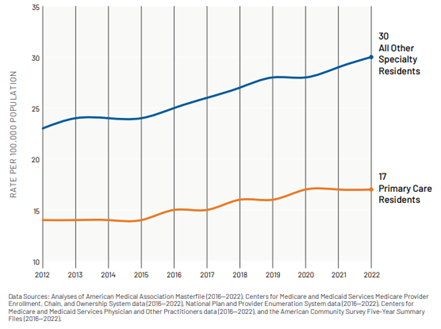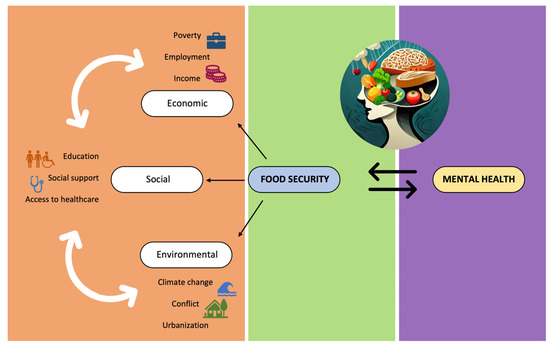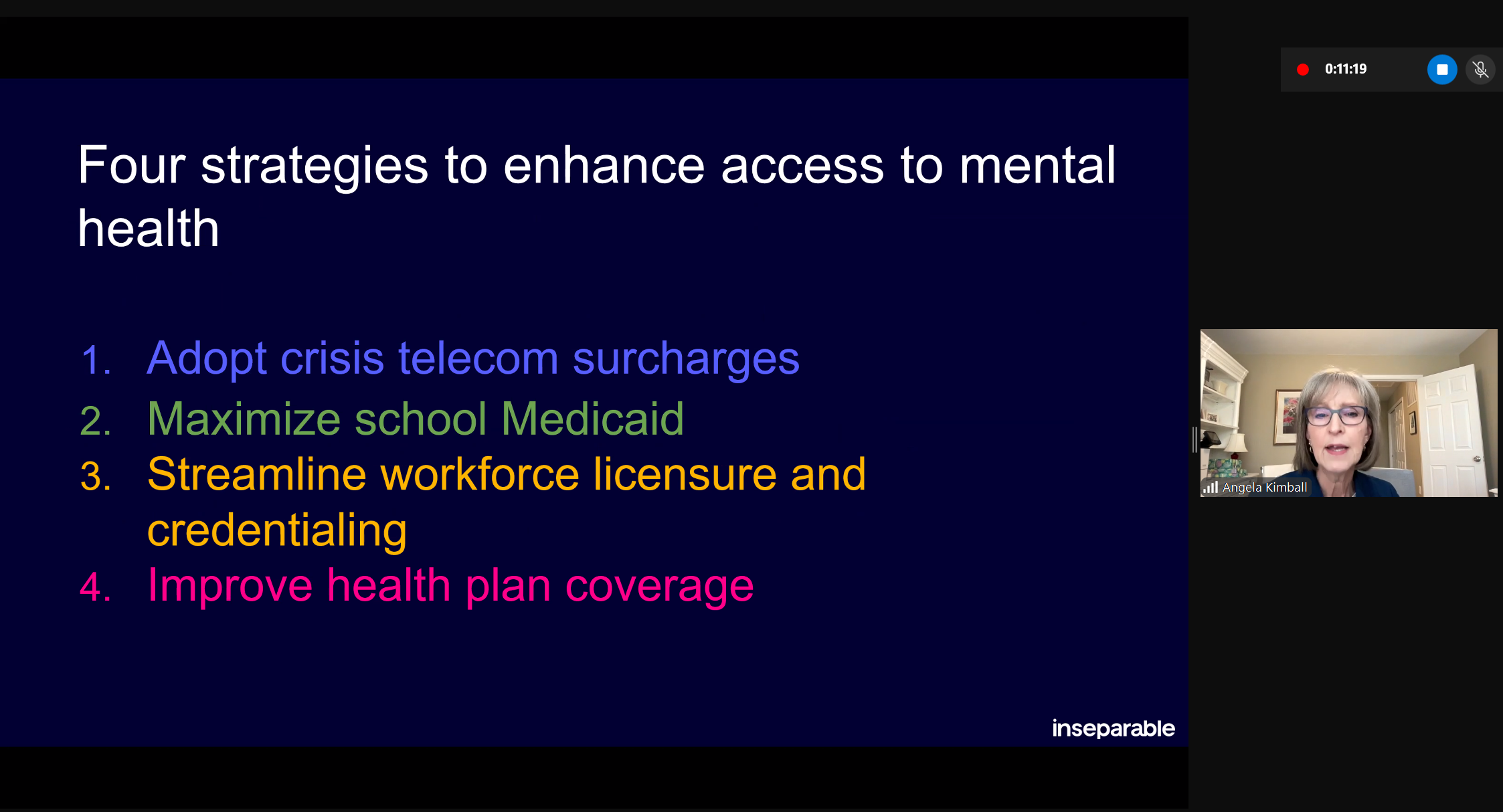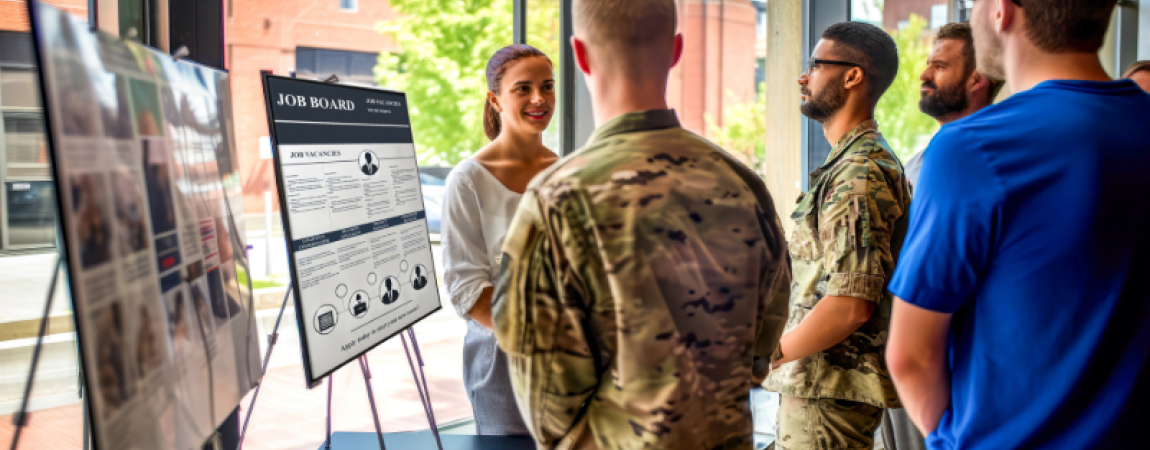Salt Lake City, Utah – During the National Governors Association (NGA) Summer Meeting, NGA Chair Utah Governor Spencer Cox shared the top takeaways from his year-long Disagree Better campaign and unveiled study results indicating the initiative’s message is effective in reducing polarization among voters.
Launched in July 2023, the Disagree Better initiative aims to help Americans learn the skills of healthy conflict and to change the political behavior of both voters and elected officials – showing that the right kind of conflict often leads to better policy, can be more successful politically than negative campaigning, and is the pathway to restoring trust in our political institutions.
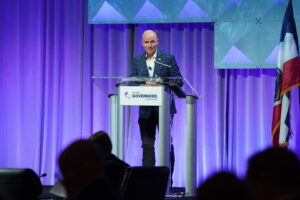
“The deep division we’re experiencing in the United States goes beyond politics,” said Governor Cox. “Polarization is causing conflict among friends and family and within bedrock institutions like schools and faith communities. We have to get a handle on it before it spirals out of control.
“One year after launching Disagree Better, I’m more convinced than ever that there is an exhausted majority ready and able to change our political culture. Americans are sick of the hate and division, but many feel helpless to turn it around. Through Disagree Better, we’ve highlighted very practical things that every one of us can do to help heal the divides in our nation and our neighborhoods. Volunteer in your community, connect with organizations working to bridge the divide, look for opportunities to engage respectfully with people you disagree with.
“I’m proud that so many governors, from both parties, have joined the campaign. Working together, we really can change the trajectory of our country. While my tenure as NGA chair officially comes to a close this week, the Disagree Better initiative will continue as we work to restore trust in our democracy and our fellow Americans.”
In a key feature of the Disagree Better initiative, Republican and Democratic Governors recorded videos with a member of the other party, including fellow Governors or local mayors. In a study conducted by Stanford University’s Polarization and Social Change Lab, researchers found evidence that the ads had a depolarizing impact on viewers – leading to lower levels of animosity toward supporters of the other party, greater receptiveness to conversations with supporters of the other party, and greater support for bipartisan political cooperation.
Learn more about 2023 – 2024 NGA Chair’s Initiative Disagree Better here.







